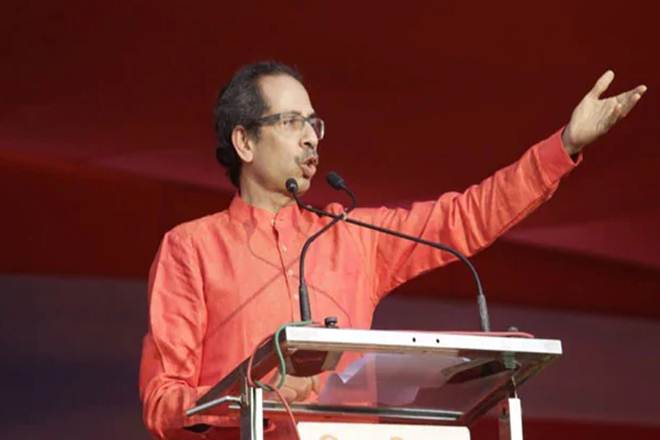Bharatiya Janata Party’s ally Shiv Sena has said that the revocation of Article 370 from Jammu and Kashmir was just the beginning and the final aim was to implement a uniform civil code in the country and unfurl the Tricolour in Pakistan-occupied Kashmir (PoK), a report in The Indian Express said. In an editorial published in the party’s mouthpiece Saamna on Thursday, the party hailed the country’s leadership for taking bold decisions. It said that the people living in Kashmir will experience what is independence in real terms after removal of the provisions of Article 370.
The Shiv Sena further noted that the 73rd Independence Day is different from earlies ones, observing that Jammu and Kashmir has now “officially become part of India”. “The characteristic of this Independence Day is that the burden of Article 370 has been thrown away and the country is standing with pride…,” it said.
“The lakhs of Kashmiri Pandits will now get the independence of returning to Kashmir. The beginning started with Article 370… The final aim is to have a uniform civil code and to hoist Indian flag in the Pakistan-occupied Kashmir,” the editorial said.
READ MORE: Shiv Sena says Kashmir now closed chapter for Pakistan; PoK will also settle soon
“There will be no two flags in Jammu and Kashmir, but the flag of united India will be hoisted there,” it added.
The uniform civil code is the ongoing point of debate in the country as it seeks to replace personal laws based on the scriptures and customs with a common set of rules. Much like the abrogation of Article 370, the matter has been the BJP’s agenda for long and also figured in elections manifestos. While the BJP and Shiv Sena are on the same page on this, other constituents of the NDA like Nitish Kumar’s JD(U) are opposed to the idea of a uniform civil code.
The opposition parties too have protested against the idea of having common rules for every citizen. While the BJP argues uniform civil code is in the spirit of Article 44 of the Constitution, others say that it violates the rights of citizens to practice their religion.


